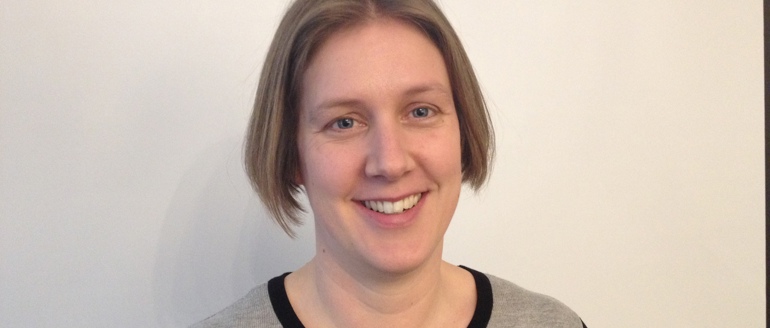Helen's career journey
Helen Ward is a Consultant for The Royal Wolverhampton NHS Trust.
What courses/events (formal and informal) have you undertaken?
- 2010 Postgraduate Award in Health Services Management, University of Warwick
- CD Bootcamp 2021 at The Royal Wolverhampton NHS Trust (RWT).
- Process Communication Model (PCM) and Emotional Intelligence courses at RWT.
- Previous member of the PCRS Respiratory Leaders Faculty.
- Applied to do Strategic Clinical Leadership course with King’s Fund 2026.
Tell us about your leadership experience
- Previous clinical lead of COPD/lung function/oxygen/acute NIV/Post COVID at RWT.
- Vertical Integration Programme clinical lead at RWT.
- Clinical lead for COVID ward/virtual ward.
- Respiratory Community Lead.
- Clinical lead/trustee for TWIRL Respiratory patients and carers group.
- Chair of the joint respiratory/palliative MDT.
- Clinical Lead for Acute Medicine.
- Clinical Director for Emergency Services (2022-2024).
- Clinical Lead for CDC Diagnostic Breathlessness Pathway.
- Set up and chaired the Black Country Respiratory Clinical Learning Network group.
- Co-developed SpR Lung Function training portfolio; accepted by JRCPTB 2017 for national use by respiratory registrars.
- Current West Midlands Respiratory Clinical Director for the network.
- Previous member of the BTS Models of Care committee.
- Member of the BTS Integrated working party 2014
- BTS trustee and Long-Term Plan lead 2019 – 2023.
- Member of the NHSE Respiratory Delivery Committee.
- Chair of the National Long Term Plan Chronic Breathlessness workstream.
Support from peers and members of the division/executive when doing leadership roles, including regular 1:1 with a selected mentor/coach.
Ensuring that people are aware of your interest in leadership and who will then suggest leadership opportunities when they become available.
What makes good leadership training experience?
Our trust has now developed a Future Leaders Course and supports leadership development in the trust, including new consultants and those wanting to take on other leadership opportunities.
So, I would suggest it’s important if your trust doesn’t have these opportunities to speak to other consultants and lobby the division/executive team to consider developing this in the future.
Keep an eye out for external courses – you need to decide what type of leadership course you want to do, i.e. formal diploma with a need for dissertations or face-to-face, hands-on courses. Includes RCP/King’s Fund and other external agencies.
When in a leadership role, ensure that you have a mentor/coach and an appraisal to assess how you are doing and what’s going well, and help you identify what you need to develop further.
What qualities do you feel are important in leadership roles?
- Insight
- Open to feedback and learning non-clinical skills, and actively seek this.
- Good, effective and open communication.
What are the barriers, and what helps?
- No appropriate training for a management/leadership role – needs to be learnt on the job.
- Feeling of isolation – ensure that you have a mentor/coach to discuss issues with. If you don’t have an official mentoring system in your trust – then approach someone with leadership experience to see if they would be happy to support you.
- Need to feel confident to tell people what you are interested in doing in terms of leadership – ‘sell yourself’.
- What helps is strong representation, increasing visibility, sharing stories/examples and mentoring.



